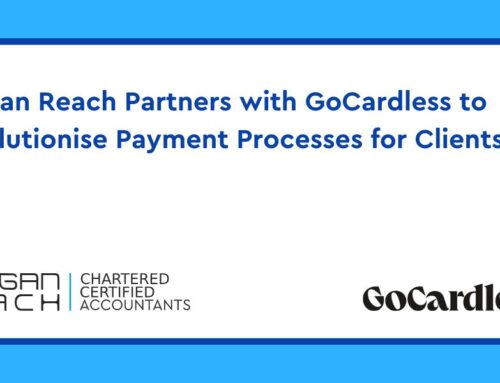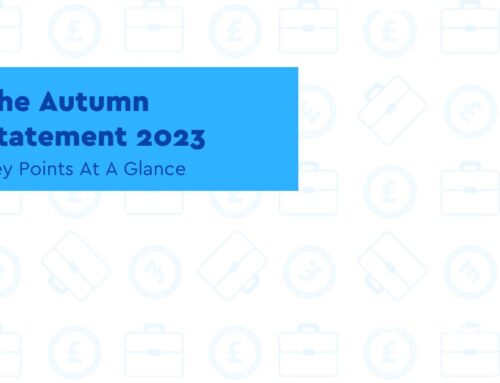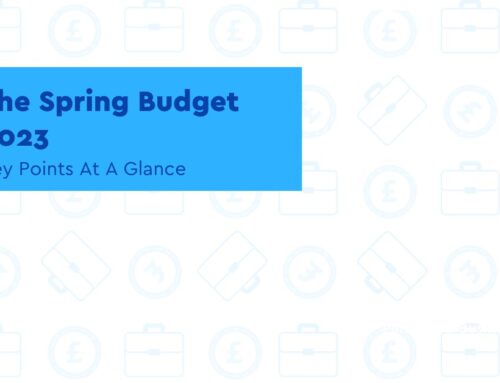December 11, 2020
Welcome to our weekly wrap. This week we’ve rounded up the latest news and insights, including CJRS updates, a new business export scheme, Brexit transition planning, UK-wide funding and claiming tax relief.
CJRS – key furlough dates and reminders
December deadline for CJRS claims
Claims under the Coronavirus Job Retention Scheme (CJRS) for November must be submitted no later than this coming Monday (December 14).
Although payroll dates may differ for the Christmas period, claims can continue to be submitted before, during or after the payroll is processed, as long as the claim is submitted by the deadline.
The scheme was extended until March 31, 2021 and the government will review the scheme in January.
Employers should maintain records to support the amount of CJRS grant being claimed, in case HMRC needs to check them later.
A key difference from the previous versions of CJRS is that there is no requirement that the employee was on the payroll on March 19, 2020 or has been previously furloughed. They do, however, need to be on the payroll and subject to an RTI submission prior to midnight on October 30, 2020.
CJRS cannot be used merely to pay for holiday leave
Employees can only be placed on furlough if an employer cannot maintain their workforce because their business has been affected by coronavirus, not just because they are on paid leave. This also applies during any peak holiday periods in late December and early January.
Therefore, if an employee is flexibly furloughed, any time taken as holiday should be counted as furloughed hours rather than working hours.
Brexit transition planning for businesses
While it is expected that talks will come to a conclusion on Sunday regarding the Brexit trade deadlock, it’s important to remember that whatever the outcome, December 31, 2020 marks the end of the Brexit transition period for UK businesses.
You need to act now if you’re:
- Importing goods from the EU
- Exporting goods to the EU
- Moving goods to or from Northern Ireland
- Travelling to the EU
- Living and working in the EU
- Staying in the UK if you’re an EU citizen
You can use the Government’s Brexit checker here to get a personalised list of actions you need to take for you and your business.
New export finance support scheme for small businesses
UK Export Finance this week launched a new guarantee scheme that will free up funds for UK businesses to cover the costs of international trade, supporting thousands of jobs and livelihoods across the country.
Exporters will be able to apply for finance from the UK’s five largest banks backed by a UKEF guarantee to free up working capital that can be used for everyday costs linked to exports and to scale up their business operations.
This will help thousands of businesses, particularly SMEs, to fulfil multiple export contracts, pay for labour costs, build their inventory and ease cash flow constraints.
Here’s a reminder of what you can claim as we approach Christmas time…
Thinking of hosting a virtual party or giving Christmas gifts?
Have you thought about your Christmas gifts for employees yet? Remember that certain gifts to staff at Christmas are also tax free if structured correctly. Employers are allowed to provide their directors and employees with certain ‘trivial’ benefits in kind tax free.
The benefit is not cash or a cash voucher, and for the exemption to apply, the cost of providing the benefit must not exceed £50.
Regarding gifts to charity, where possible, taxpayers should ‘Gift Aid’ any payments to charity to provide additional benefit to the charity.
HMRC has also confirmed, where all normal conditions are met, that virtual events can be included when considering the £150 exemption, therefore creating the possibility for virtual Christmas parties for businesses.
A staff party or an annual function qualifies as a tax-free benefit for your employees providing that conditions are met, such as the total not exceeding £150 per head, per year, open to all staff, and the cost of the whole event is an allowable expense for your business.
You can claim back input VAT but this may be restricted where you are also entertaining customers.
Working from home? Make a claim
Employees can now make a claim for tax relief to cover some of their costs while they are working from home.
The previous rule for employees was that there had to be a home working arrangement with their employer under which they were required to work from home on a regular basis to be paid £6 a week tax free (£4 a week up to April 5, 2020).
This rule has now been relaxed as a result of COVID-19 so that such arrangements are not currently required and employees can also claim tax relief directly from HMRC where their employer does not make the payments.
Not only are the payments tax deductible for the employer and not liable to national insurance contributions, but £312 a year tax free is equivalent to £538 gross for a higher rate taxpayer.
There is a similar tax break for the self employed which provides a deduction from profits of up to £26 a month.







